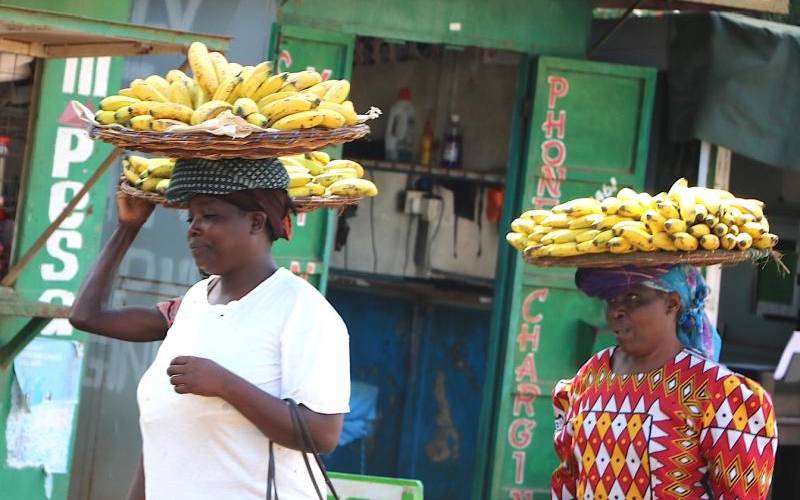×
The Standard e-Paper
Fearless, Trusted News

In the last few months, Kenyans have experienced a spike in the prices of key food commodities.
According to data from Kenya National Bureau of Statistics, the inflation level which is defined as the persistent increase in the prices of essential commodities, declined steadily to about 5.3 per cent but the paradox is that the prices of essential commodities remain high.